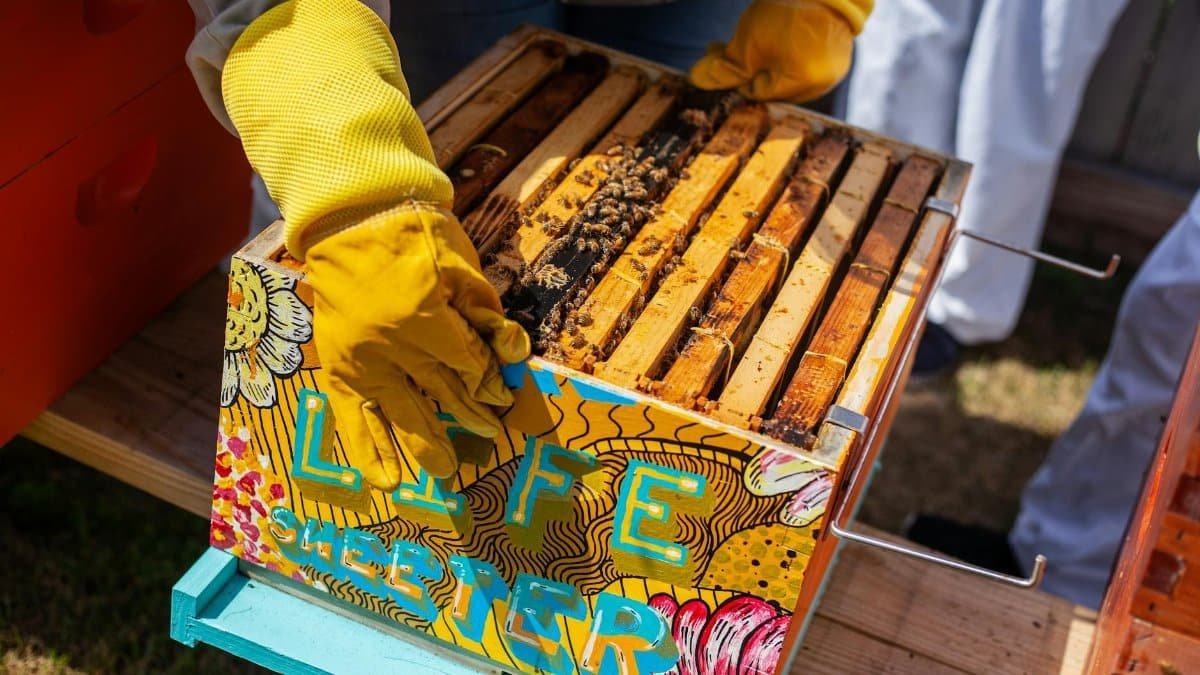Detroit’s urban landscape is getting a therapeutic makeover. Simply put, detroit horticultural therapy is the practice of using gardening and plant nurturing to foster mental and social well-being, and it matters because it’s transforming isolated residents into connected communities. In a city known for its resilience, initiatives like the Michigan Urban Farming Initiative are rolling out expanded programs this year, starting in March, to tackle loneliness through shared, ego-free activities centered on the soil.
Expansion of Urban Farming Initiatives
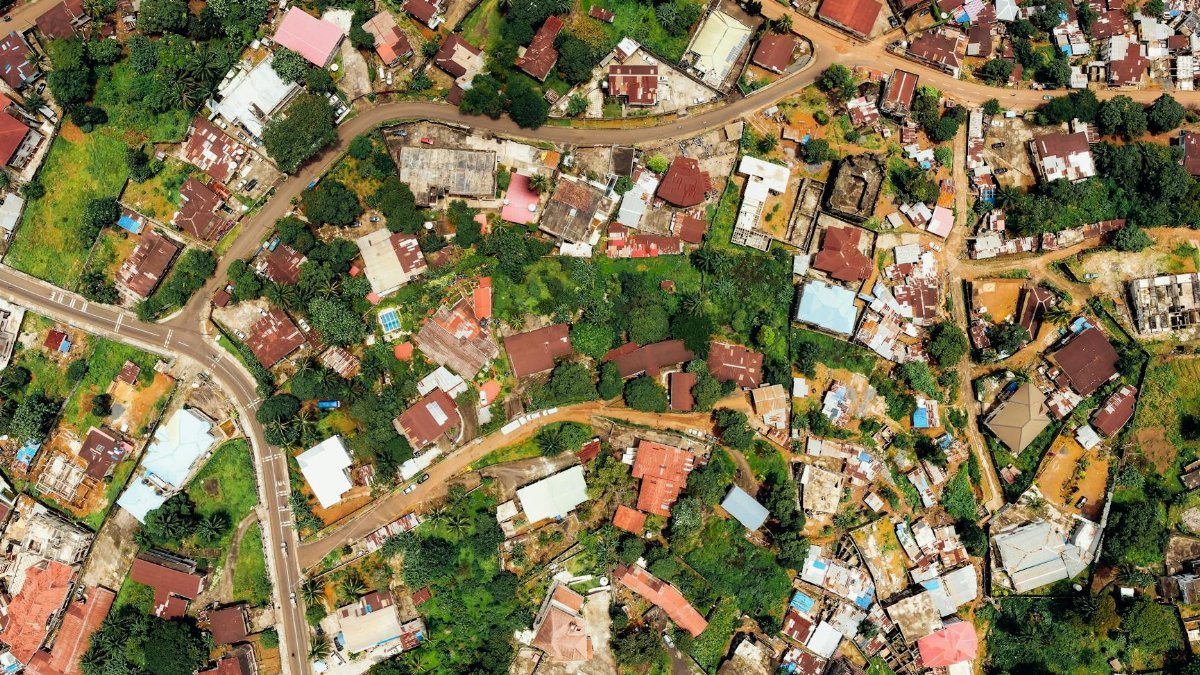
Projects in Detroit are stepping up their game in 2025. The Michigan Urban Farming Initiative, a key player in the city’s revitalization efforts, has broadened its offerings to include formal horticultural therapy sessions. This move builds on existing urban agriculture efforts, integrating therapeutic elements that go beyond mere food production. By incorporating structured sessions where participants engage with plants and soil, the initiative aims to create lasting impacts on participants’ lives. These expansions reflect a growing recognition in U.S. urban areas that green spaces can serve as vital tools for social healing, especially in post-industrial cities like Detroit facing population shifts and economic challenges.
The programs kicked off in March, aligning with the spring planting season, which naturally lends itself to themes of renewal and growth. Participants gather in community plots, learning to cultivate vegetables, flowers, and herbs under guided instruction. This isn’t just about harvesting crops; it’s about harvesting connections. As urban farming gains traction nationwide, Detroit’s model could inspire similar efforts in other Midwest cities, where social isolation rates have climbed in recent years due to factors like remote work and aging populations.
Designing Programs to Fight Social Isolation
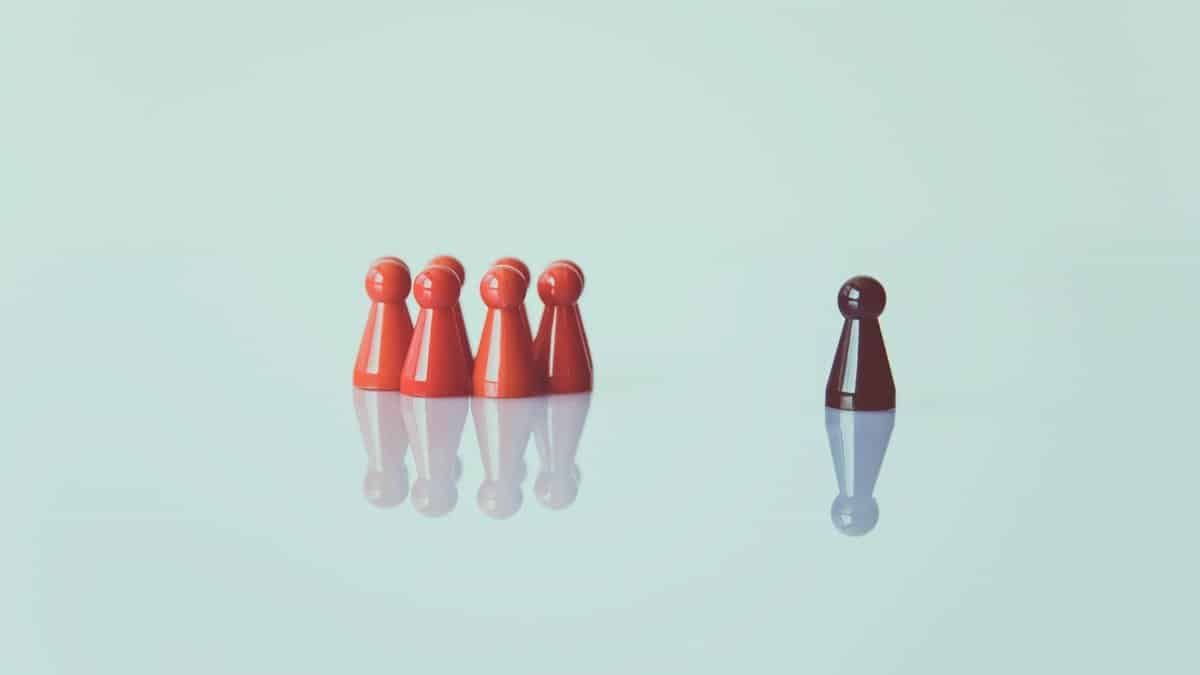
At the heart of these detroit horticultural therapy sessions is a deliberate focus on combating social isolation. In a time when many Americans report feeling disconnected—studies from sources like the Centers for Disease Control and Prevention (CDC) highlight loneliness as a public health concern—these programs offer a practical antidote. Residents who might otherwise spend days without meaningful interactions now find themselves shoulder-to-shoulder in garden beds, weeding, planting, and watering as a team.
The design emphasizes inclusivity, welcoming people from diverse backgrounds, ages, and abilities. No prior gardening experience is required, which lowers barriers and encourages participation. Sessions run regularly, providing consistent opportunities for engagement. This structure helps break the cycle of isolation by fostering routine social interactions in a low-pressure environment. In Detroit, where community bonds have been strained by historical factors like economic decline, such initiatives are proving essential for rebuilding social fabric.
Building Community Through Shared Purpose
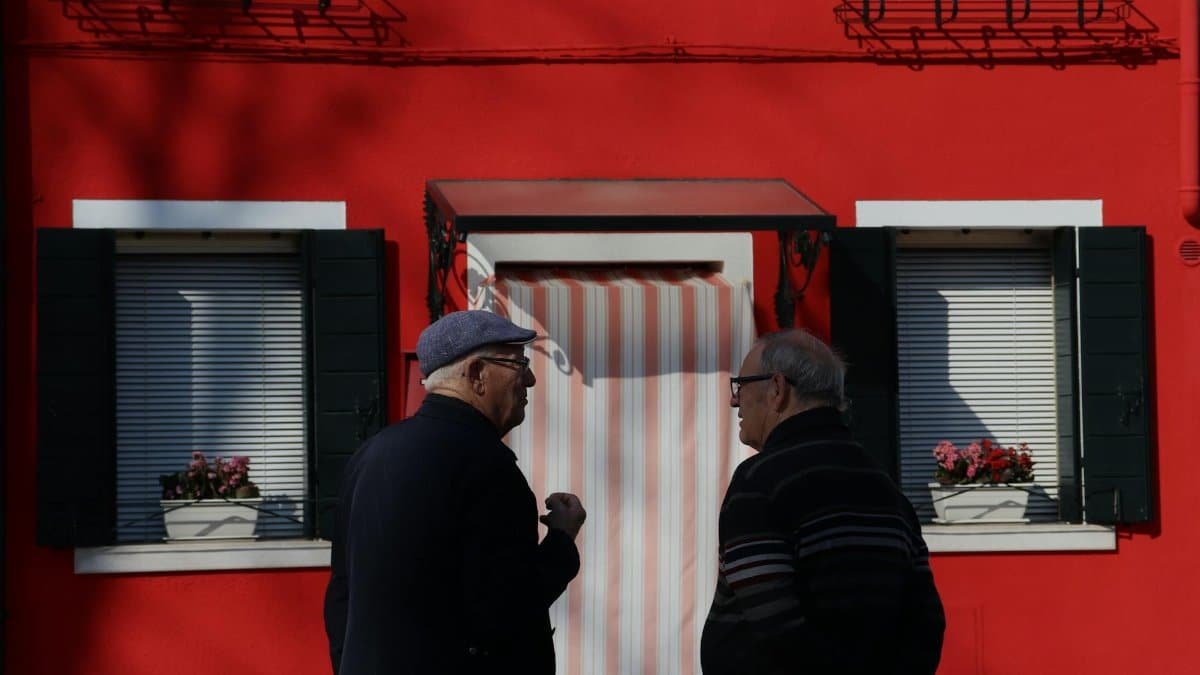
What sets these programs apart is their emphasis on a shared, non-ego-driven purpose. Unlike competitive or individualistic activities, nurturing the land together shifts the focus from personal achievement to collective care. Participants describe the experience as grounding—literally and figuratively—offering a break from the ego-centric demands of modern life. This approach aligns with broader U.S. trends in 2025 toward mindfulness-based community building, where activities like group gardening promote empathy and cooperation.
In practice, groups divide tasks such as soil preparation, seed sowing, and maintenance, ensuring everyone contributes without hierarchy. This egalitarian setup helps dissolve social barriers, allowing introverted individuals to open up gradually. Over time, these interactions build trust and camaraderie, turning strangers into supportive networks. Detroit’s initiative draws inspiration from established horticultural therapy models, as outlined by organizations like the American Horticultural Therapy Association (AHTA), which underscore the mental health benefits of plant-based activities.
The Role of Nurturing Land in Therapy
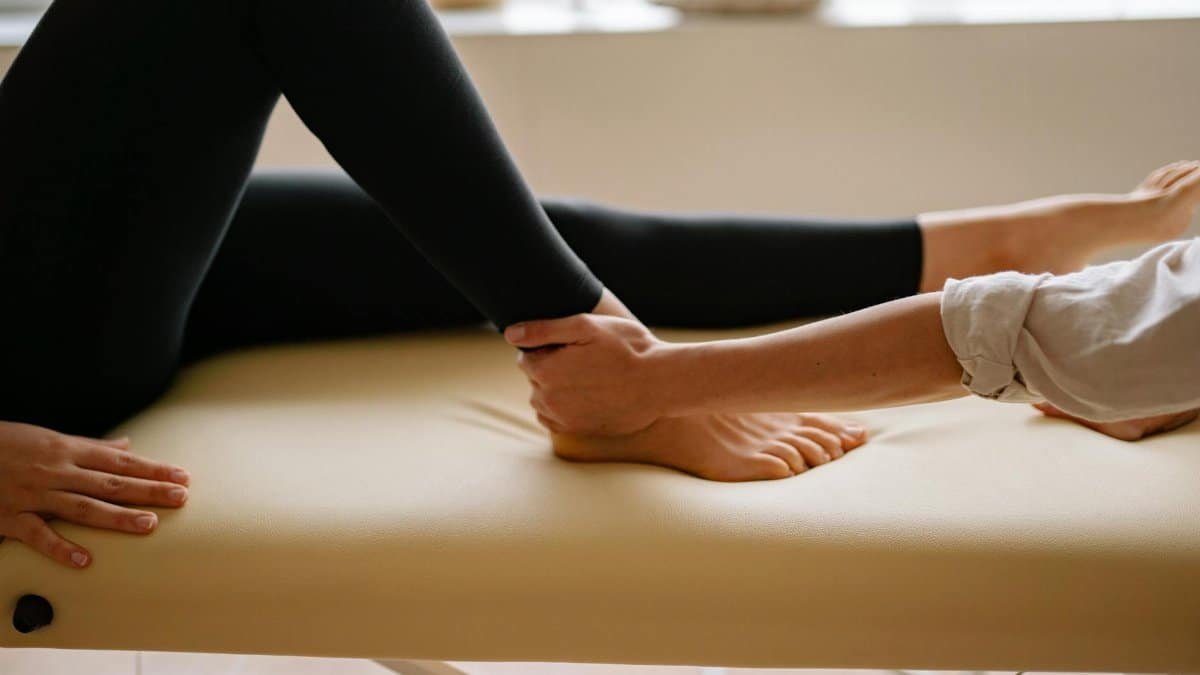
Nurturing the land forms the core therapeutic element here. Participants engage in hands-on tasks that mirror life’s cycles—planting seeds represents hope, tending growth builds patience, and harvesting yields tangible rewards. This process provides a metaphor for personal development, helping individuals process emotions in a subtle, non-verbal way. In detroit horticultural therapy, the act of caring for plants becomes a conduit for self-care and mutual support, addressing isolation without the stigma often associated with traditional therapy.
Sessions often include educational components, teaching sustainable farming techniques while embedding therapeutic discussions. For instance, reflecting on a plant’s resilience can parallel human endurance, sparking organic conversations about life’s challenges. This method is particularly effective in urban settings, where access to nature is limited, making every plot a potential oasis for mental restoration. As 2025 progresses, these programs could expand to include metrics for measuring outcomes, such as reduced reports of loneliness among participants.
Impact on Detroit Residents

Residents involved in these programs are experiencing real changes. By providing a common goal free from ego, the sessions help forge bonds that extend beyond the garden. People who once felt adrift in the city’s vastness now have a sense of belonging, with many forming ongoing friendships. This community-building aspect is crucial in Detroit, a city rebounding from decades of depopulation and disinvestment, where fostering unity can drive broader revitalization.
Broader U.S. context shows similar benefits; reports from urban health initiatives indicate that nature-based therapies reduce stress and improve mood. In Detroit specifically, the Michigan Urban Farming Initiative’s expansion taps into this, offering a scalable model for other neighborhoods. Participants report feeling more empowered, with the shared purpose instilling a collective pride in their contributions to the land and each other.
Challenges and Future Directions

While promising, these detroit horticultural therapy programs face hurdles like seasonal weather constraints and funding needs. Detroit’s harsh winters could limit year-round access, prompting calls for indoor alternatives. Securing resources remains key, as initiatives rely on grants and donations to sustain growth.
Looking ahead in 2025, there’s potential for partnerships with local health organizations to integrate therapy more deeply into community services. Expanding to schools or senior centers could amplify reach, ensuring more residents benefit from this ego-free approach to wellness. As awareness grows, Detroit might emerge as a leader in innovative urban therapy, blending agriculture with social healing.
Sustaining Momentum in Urban Therapy

Maintaining the momentum of these programs requires ongoing community involvement. Volunteers and local leaders are stepping up, organizing events to keep engagement high. This grassroots energy ensures the therapy sessions remain accessible and relevant, adapting to participants’ needs.
In the larger picture, detroit horticultural therapy exemplifies how cities can repurpose vacant land for social good. By prioritizing shared nurturing over individual gain, these initiatives offer a blueprint for combating isolation nationwide, proving that sometimes, the best therapy grows from the ground up.
